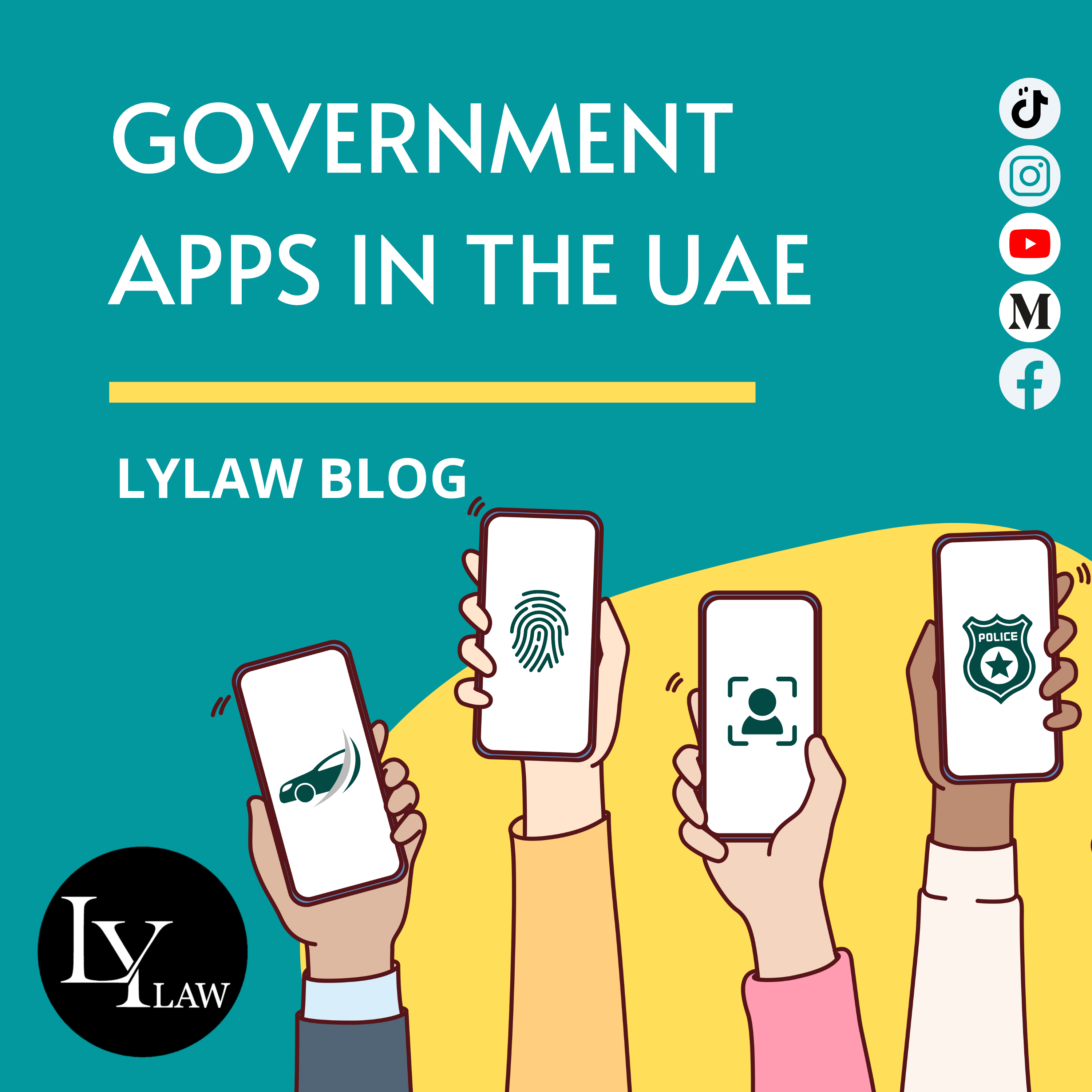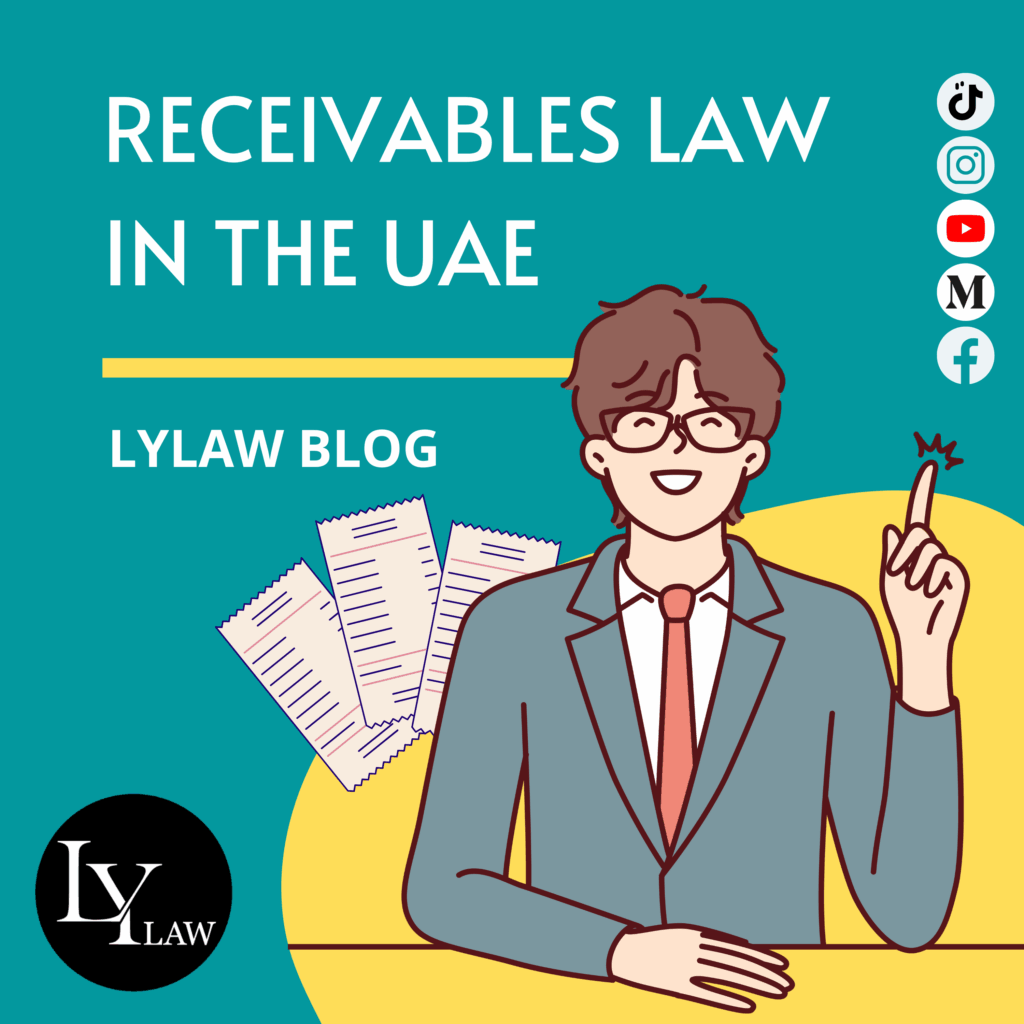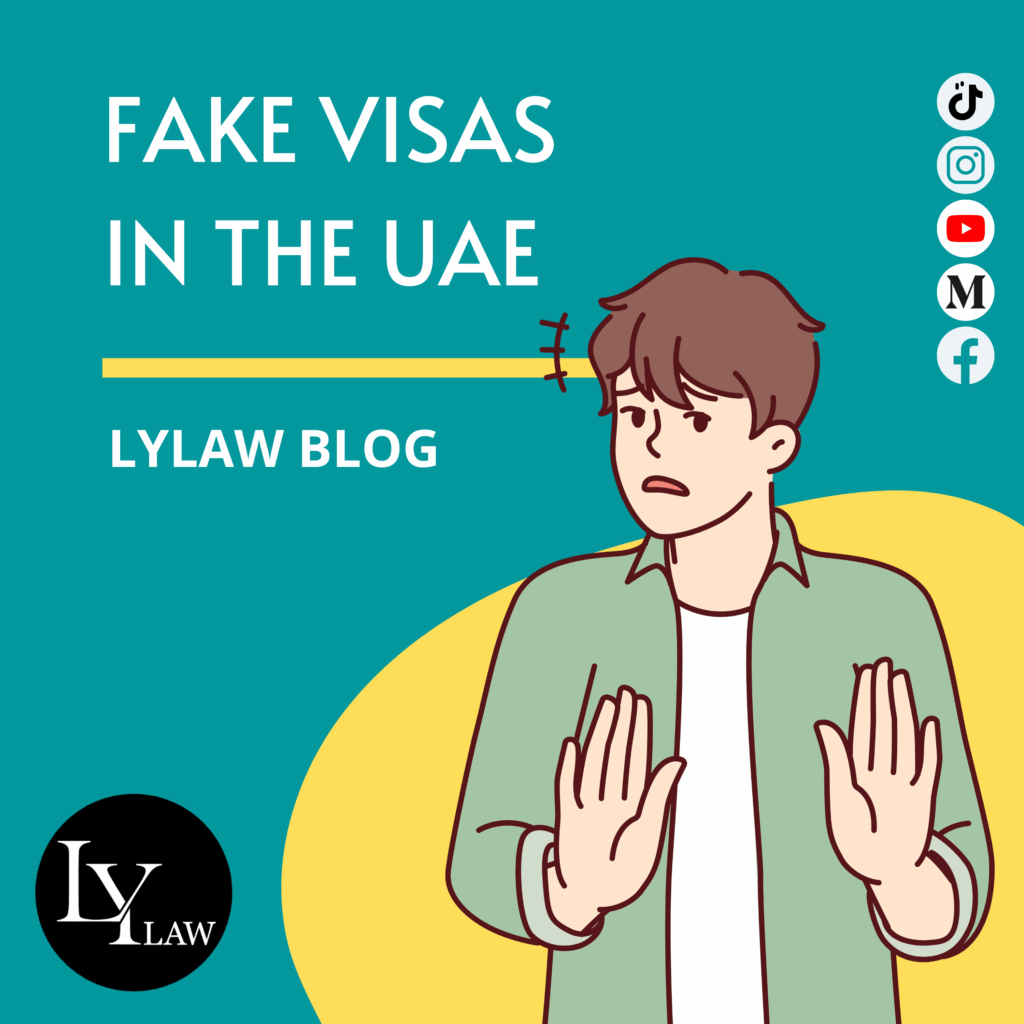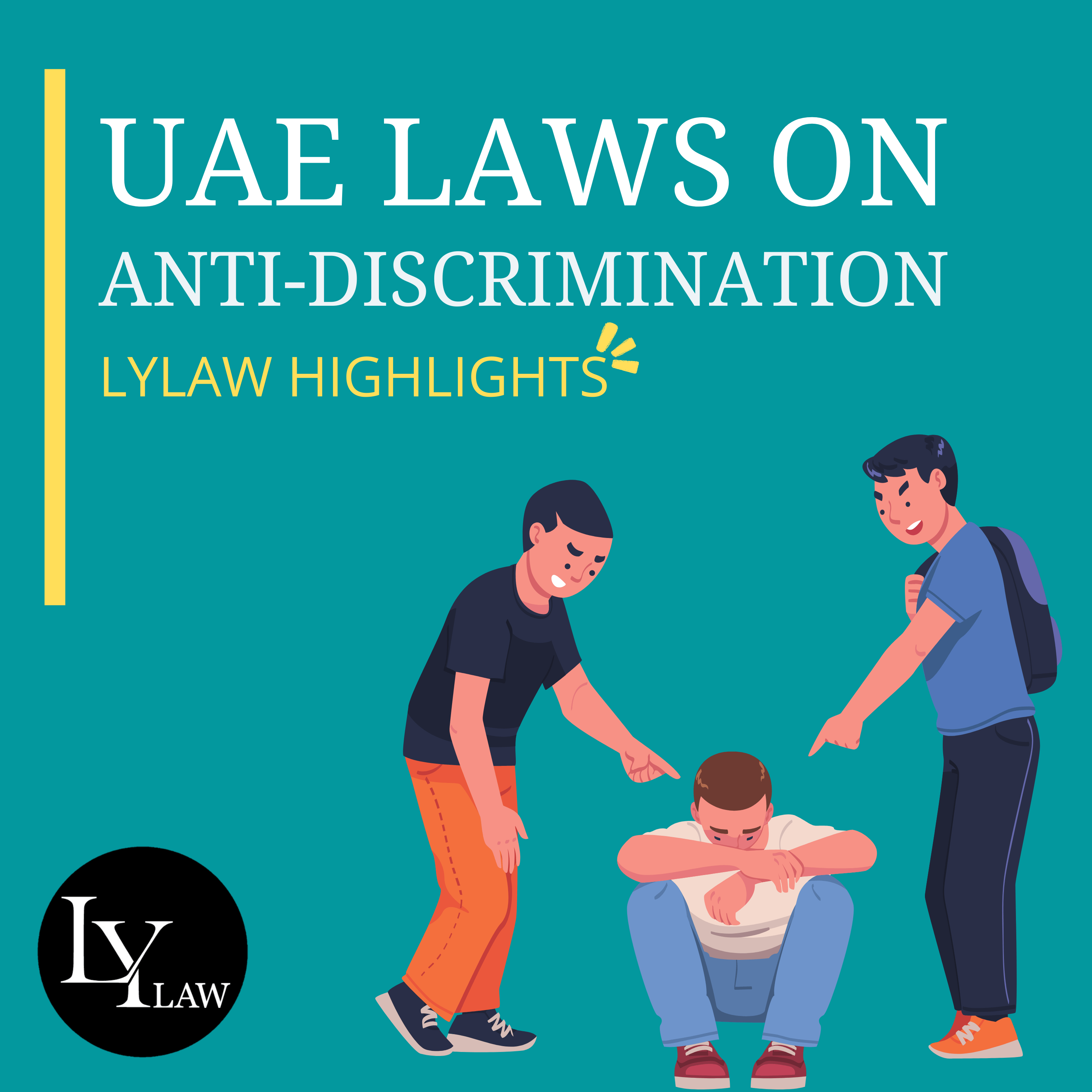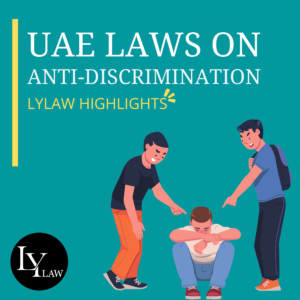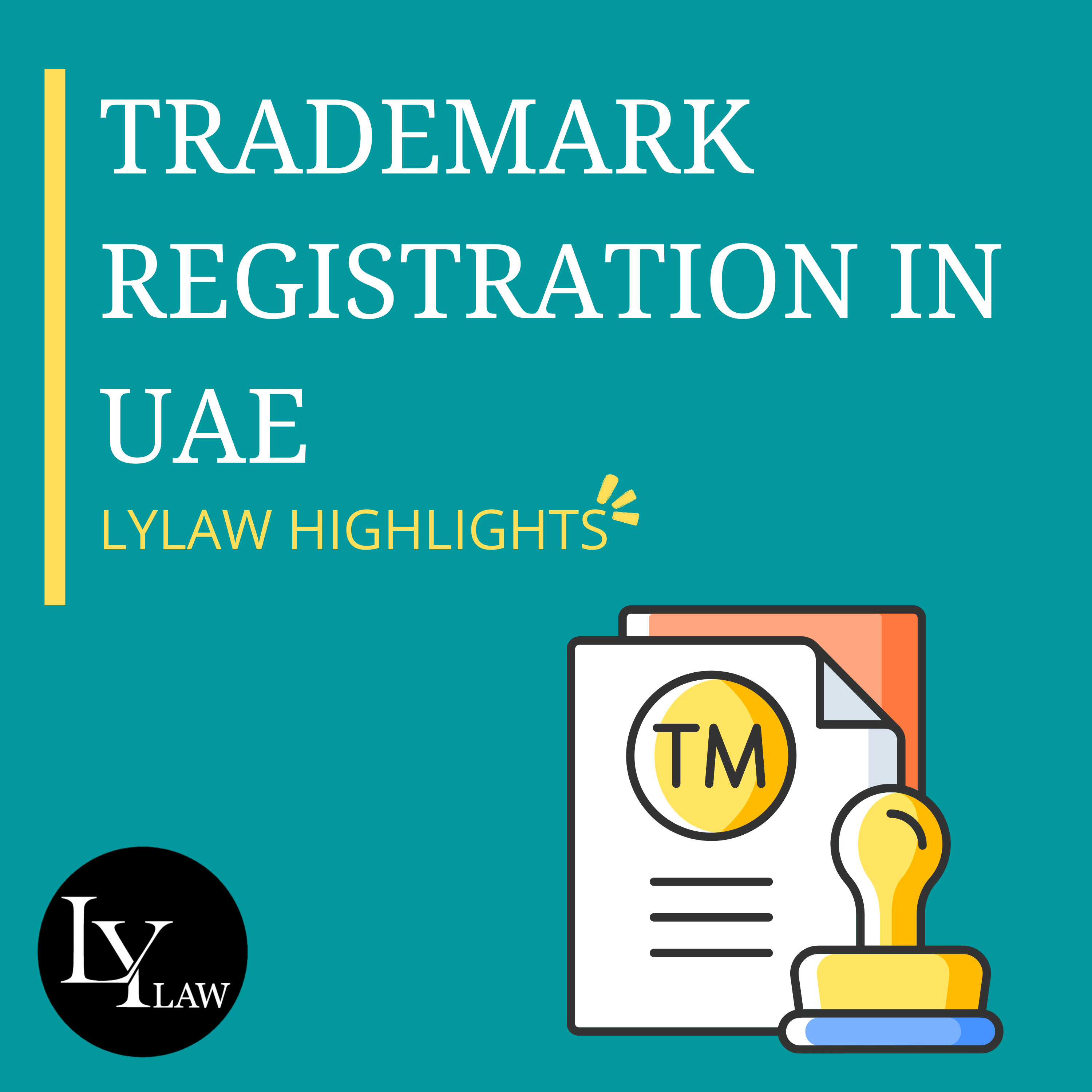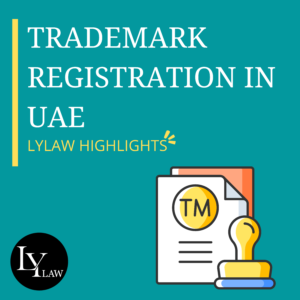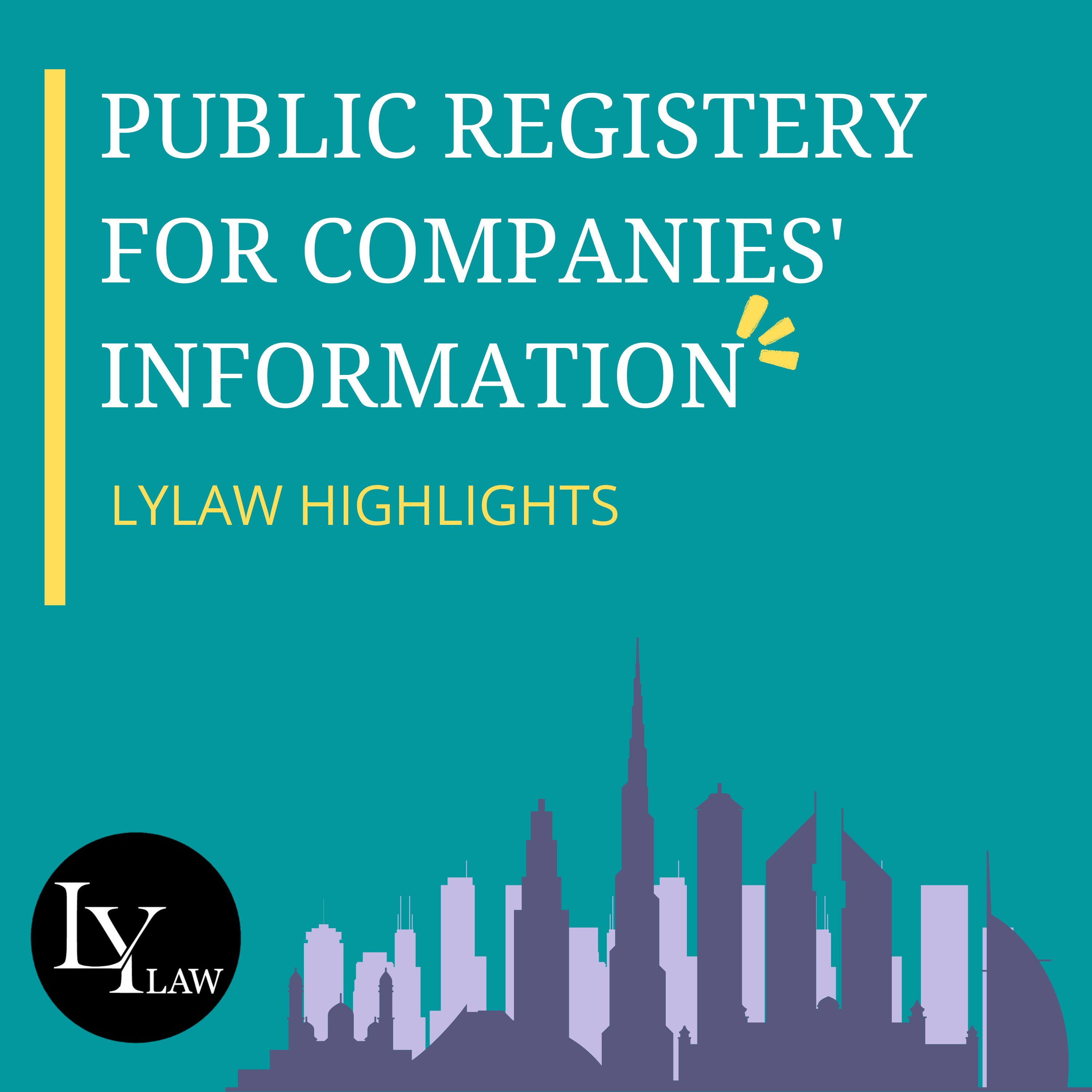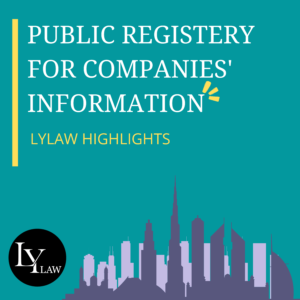The UAE has positioned itself as a global leader in digital transformation and artificial intelligence (AI), offering a comprehensive range of government apps that have simplified access to services, reduced administrative burdens, and improved the efficiency of government procedures. From work permits and labor contracts to legal filings and real estate registration, the UAE’s digital platforms have made complex administrative processes more accessible and efficient.
The introduction of smart government apps reflects the UAE’s broader strategy to increase government efficiency and provide a more seamless user experience for residents, businesses, and visitors. This blog outlines the most important UAE government apps, their key functions, and why they are essential for managing personal and business affairs in the UAE.
Why UAE Government Apps Matter
The UAE government’s shift toward digitization is part of a larger strategic plan to reduce bureaucracy and enhance the customer experience. According to official representations, the objectives of this transformation include:
- Reducing bureaucracy – Simplifying administrative processes and eliminating redundant steps.
- Enhancing convenience – Providing access to services anytime, anywhere.
- Increasing efficiency – Reducing processing times from days to minutes.
- Improving customer experience – Centralizing services into user-friendly platforms.
- Boosting security – Ensuring that data and transactions are protected through biometric and encrypted authentication.
This strategy reflects the UAE’s long-term vision of becoming one of the most efficient and technologically advanced governments globally.
1. UAE Pass – The Central Hub for Government Services
The UAE Pass is the foundation of the UAE’s digital transformation strategy. It serves as a centralized digital identity for accessing most government and private sector services in the UAE.
Key Features:
- Single Login – No need for multiple accounts or passwords.
- Digital Vault – Securely store and access official documents (e.g., Emirates ID, property title deeds, visas).
- Electronic Signature – Sign contracts and official documents directly through the app.
- Court Access – Manage your Dubai Court portal, file cases, and track court proceedings.
According to available information, the UAE Pass is now integrated into most government platforms. Without it, accessing key services such as renewing a visa, applying for a trade license, or filing court documents may be difficult.
2. Dubai Now – The Unified Platform for Dubai Government Services
The Dubai Now app is an integrated platform that consolidates over 120 government and private sector services from more than 30 government entities into a single app.
Key Features:
- Pay traffic fines, utility bills, and school fees.
- Renew trade licenses and visas.
- Track court cases and property registrations.
- Apply for driving licenses and vehicle renewals.
- Access Ejari (tenancy registration) and RERA (real estate) services.
Dubai Now allows residents and businesses to manage various administrative tasks efficiently without needing to visit multiple government offices.
3. MOHRE App – Employment and Labor Market Services
The Ministry of Human Resources and Emiratisation (MOHRE) app facilitates the management of employment-related services.
Key Features:
- Apply for work permits and employment contracts.
- Renew labor contracts.
- Track work permit status.
- Submit and track labor complaints.
- Access employer and employee records.
According to representations by the Ministry, the MOHRE app has reduced processing times for labor-related services by over 80% in certain cases, streamlining the employment process for both employers and employees.
4. Dubai Courts App – Legal Filings and Case Management
The Dubai Courts app allows individuals and legal representatives to directly manage court cases and legal filings.
Key Features:
- Track case progress in real time.
- Submit legal filings and appeals.
- Receive court notifications.
- Access court records and judgments.
The app facilitates greater transparency and efficiency in managing legal proceedings, reducing the need for physical court visits.
5. RTA Dubai – Transportation and Licensing
The Roads and Transport Authority (RTA) app provides a wide range of transportation and licensing services.
Key Features:
- Pay for parking and Salik (toll) charges.
- Renew vehicle registration and driving licenses.
- Book taxis and check public transport schedules.
- Access metro and tram maps.
- Pay traffic fines.
According to official sources, the RTA app has improved the efficiency of transportation-related services and reduced the need for in-person visits.
6. GDRFA Dubai – Immigration and Residency Services
The General Directorate of Residency and Foreigners Affairs (GDRFA) app manages all immigration and residency services for Dubai.
Key Features:
- Apply for and renew residence visas.
- Check visa status and validity.
- Sponsor family members.
- Track immigration case status.
The GDRFA app allows residents to handle immigration-related matters without needing to visit service centers in person.
7. ICP App – Federal Residency and Identity
The UAE ICP (Identity and Citizenship) app handles immigration, identity, and residency services at the federal level (outside Dubai).
Key Features:
- Apply for Emirates ID.
- Renew and track visa status.
- Manage family sponsorships.
- Update identity information.
According to publicly available information, the ICP app has enhanced the consistency and efficiency of residency and identity management across the UAE.
8. SmartPass – Federal Digital Identity
SmartPass is the federal equivalent of UAE Pass, providing centralized access to federal government services.
Key Features:
- Register and manage identity details.
- Access federal government services (e.g., tax filings, health services).
- Link to banking and financial services.
SmartPass supports uniform access to government services across all emirates.
9. DHA App – Health Records and Medical Appointments
The Dubai Health Authority (DHA) app allows users to access their health records and manage healthcare services.
Key Features:
- Schedule and manage medical appointments.
- Access vaccination records and test results.
- Manage health insurance details.
- Locate nearby hospitals and pharmacies.
According to DHA, the app has significantly improved access to healthcare services and reduced wait times.
10. Dubai Police App – Public Safety and Security
The Dubai Police app provides access to a range of public safety services.
Key Features:
- Report traffic accidents.
- Pay traffic fines.
- Report lost or stolen items.
- Access emergency assistance.
- File complaints and track case status.
11. Invest in Dubai – Business and Licensing Services
The Invest in Dubai platform facilitates business registration and licensing for investors.
Key Features:
- Register a business in minutes.
- Apply for trade licenses and permits.
- Track business approvals and renewals.
- Access market data and industry insights.
According to available information, the app has streamlined the business registration process and reduced licensing approval times.
Why UAE Government Apps Reflect a Strategic Shift
The UAE government’s digital transformation strategy is based on a clear and consistent policy framework to enhance government efficiency and improve customer experience. According to official representations, key achievements of this shift include:
- Reduced processing times from days to minutes in some cases.
- Decreased document requirements by over 75% for some services.
- Reduced in-person visits for certain services by up to 80%.
This level of efficiency reflects the UAE’s broader goal of becoming one of the most advanced and efficient governments in the world.
Legal Considerations and Guidance
While UAE government apps offer significant convenience, understanding the legal framework behind these services is essential. This includes compliance with labor laws, real estate regulations, immigration requirements, and business registration processes. At HPL Yamalova & Plewka, we specialize in guiding clients through UAE government procedures, business setups, and regulatory compliance. If you need assistance with any UAE government platform or related legal services, contact our team for expert guidance tailored to your needs.

